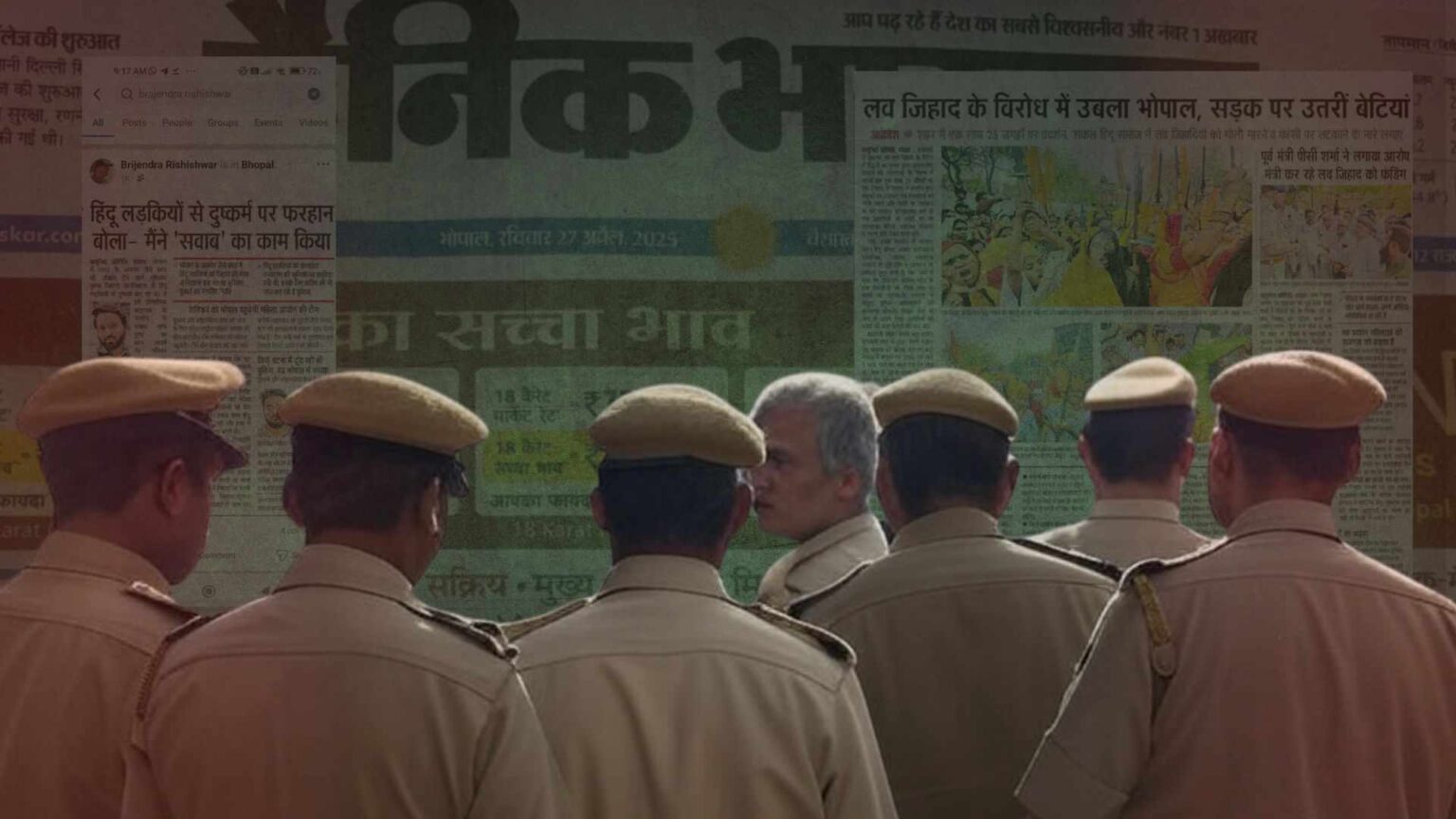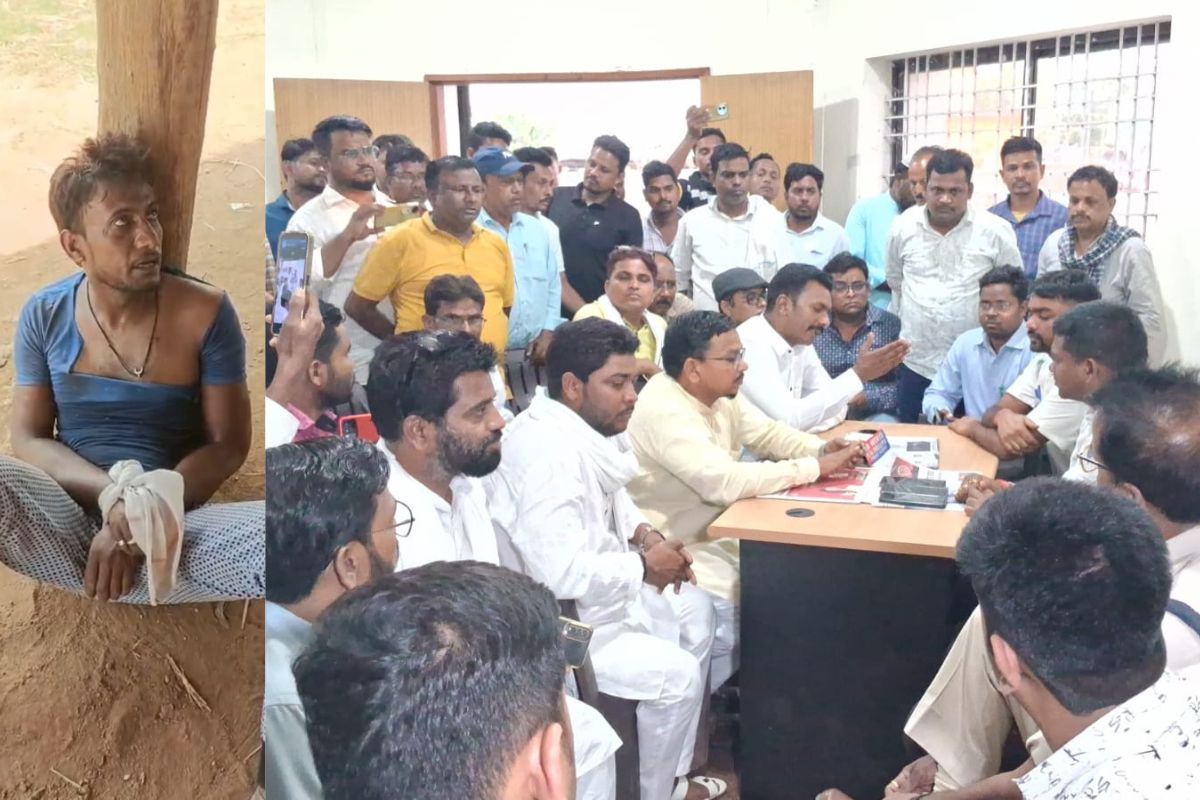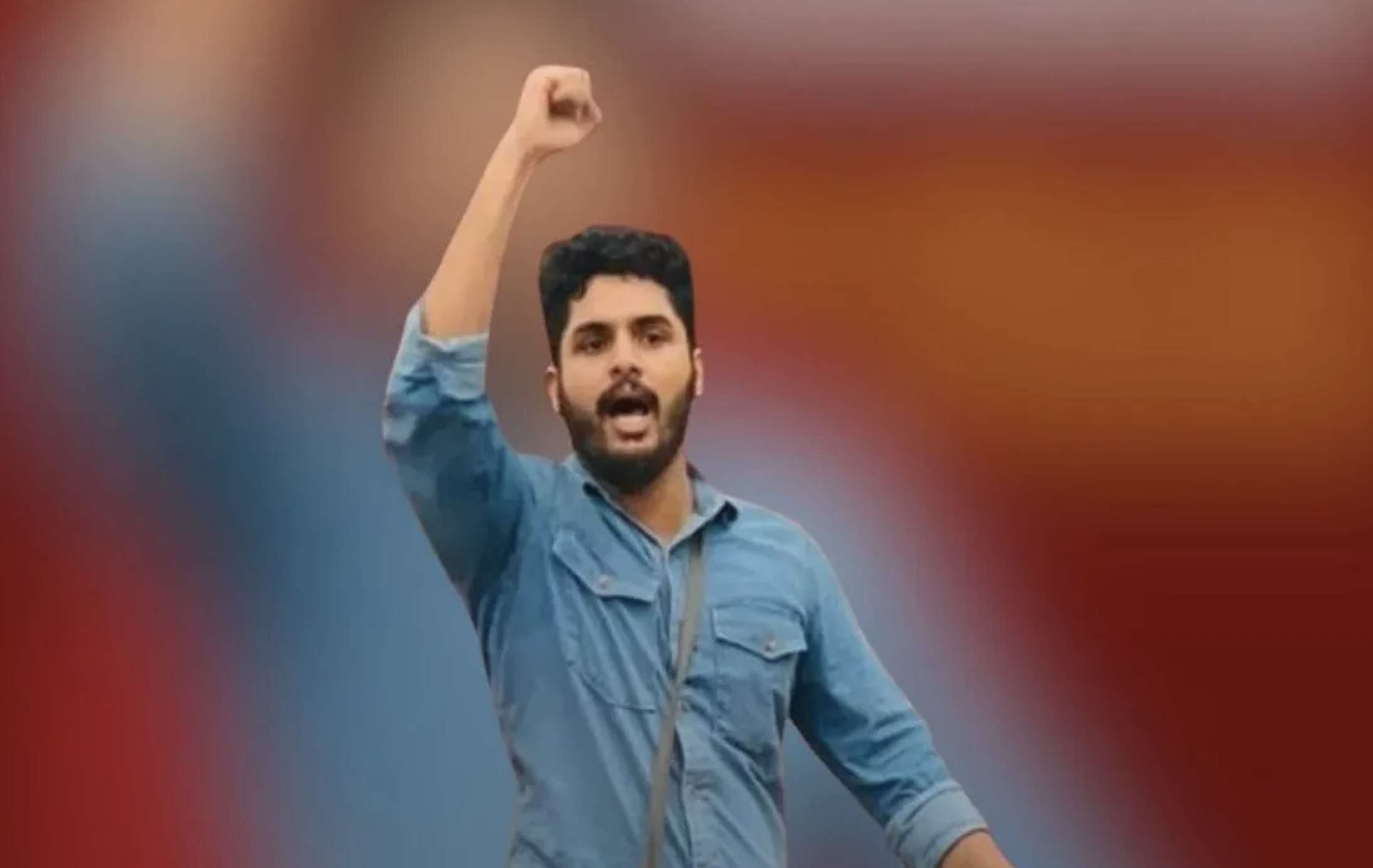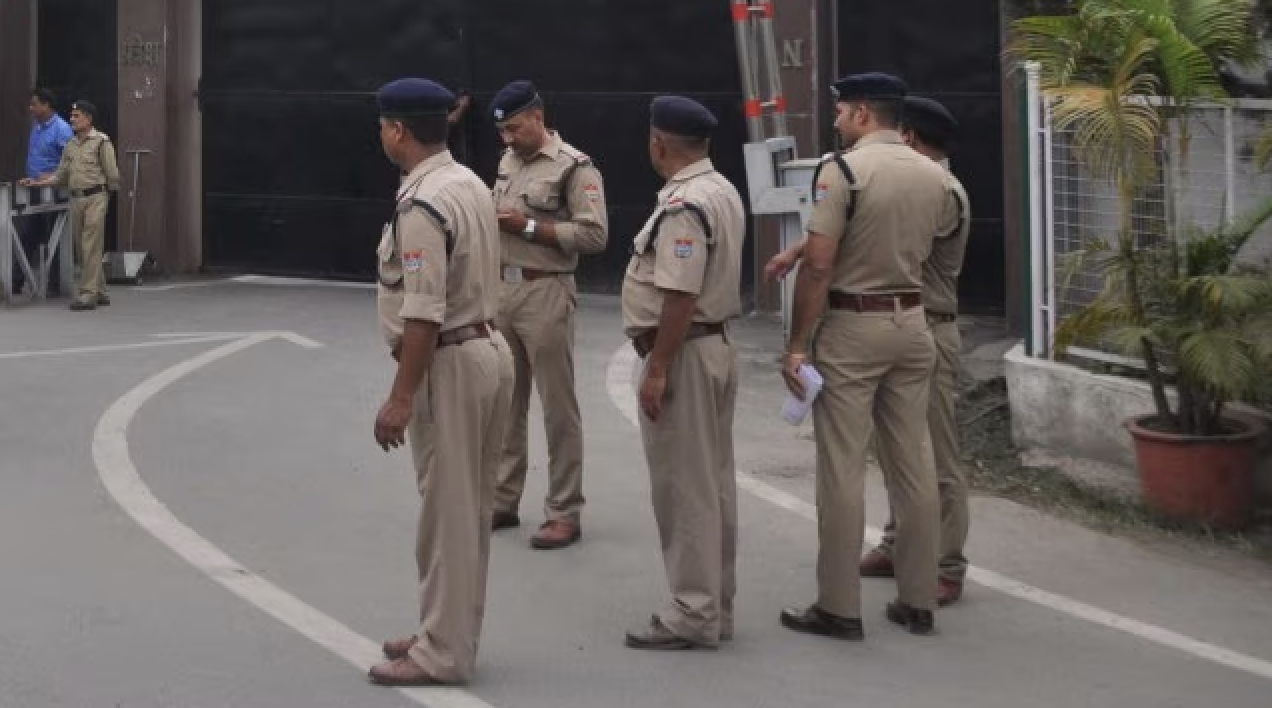
By Dipankar Bhattacharya
India is currently reeling under the twin blows of Covid 2.0 and Modi 2.0. Even as an unprecedented public health emergency rages across the country, we see a total collapse of governance.
In the middle of this crisis, and contributing to the exponential escalation of the Covid19 second wave, India had a major electoral exercise: Assembly elections in Kerala, Tamil Nadu, Puducherry, Assam and West Bengal and panchayat elections in Uttar Pradesh. The schedule of the West Bengal elections, stretched over an unprecedented eight phases, was especially irresponsible.
Even as India’s Covid cases and deaths rose alarmingly from early April onward, the BJP made sure that the Maha Kumbh went on unhindered in Uttarakhand, even changing its own Uttarakhand Chief Minister for this purpose, while Narendra Modi and Amit Shah kept on bombarding West Bengal with their crowded mega rallies and roadshows. The government that had declared India to be the pharmacy of the world and leader of the world’s battle against Covid19 reduced itself to an event management company and an election machine, abandoning the people just when they badly needed a government to take charge.
The results of these elections hold important messages for our political future. The BJP did not have much immediate stake in Tamil Nadu and Kerala, and it has been defeated quite emphatically in both these states. But the party has managed to ensconce itself in power in Puducherry which, after Karnataka, is now going to be the second strategic outpost for the party in South India.
It was in Assam and West Bengal that the party had its highest stakes. In both states it used the rhetoric of ‘development’ driven by ‘double engine governments’ to camouflage its real weapon of communal polarisation. The results show that the weapon worked substantially in Assam while in West Bengal it was considerably neutralised.
Not much is being discussed about the panchayat election outcome in Uttar Pradesh. Like many other Indian states, UP too is facing a massive scourge of the coronavirus. What makes it worse for Uttar Pradesh is the official reign of bigotry and the government’s belief that it can tackle the virus in the same way it suppresses people’s protests – by ordering a brutal crackdown.
People are gasping for breath everywhere and are dying of oxygen shortage in many places, but in UP people are also having to face persecution and confiscation of property for demanding oxygen. The rout of the BJP in panchayat elections in districts like Varanasi, Gorakhpur, Ayodhya, Mathura and Lucknow provides a taste of the popular anger that is waiting to explode in the state.
The biggest message of these elections has of course come from West Bengal. The RSS-BJP establishment thought it could tap into the people’s plight and turn it into Hindu anger against the incumbent state government by accusing the latter of ‘appeasing’ Muslims. But it ran into a powerful wall of resistance, and the myth of invincibility of the Modi-Shah government got shattered.
From the 2019 high point of 40% vote share and 18 LS seats (121 in terms of Assembly seats), the BJP vote share came down by 2% and the seat tally depleted by more than a third. The TMC vote share increased by 4%, and the LF-Congress combine and their new-found ally ISF, who competed with the BJP to cash in on the anti-incumbency of the state government, got badly squeezed out. For the first time since 1946, the Bengal Assembly will have no Left MLA, while the Congress stands completely subsumed by the TMC.
How did West Bengal manage to stop the Modi-Shah election machine so emphatically? Some of the factors may be specific to West Bengal, but there are clearly lessons that can be replicated elsewhere.
The BJP has surely made some inroads among the poor and toiling masses in many districts on the basis of social identities, but by and large the poor in West Bengal who have been victims of the Modi government’s disastrous policies and actions like demonetisation and lockdown, could see through the BJP’s game of deception. Women of West Bengal, cutting across age groups and social and educational profiles, have rejected the BJP’s politics and culture of misogyny.
The progressive and inclusive legacy of Bengal’s culture, nurtured since the days of Chaitanya and strengthened in modern times by great social reformers and above all by Tagore’s influential voice of freedom, love and reason, strengthened resistance to the BJP’s culture of hate and bigotry. And in spite of the CPI(M)’s pathetic trivialisation of the BJP’s fascist threat, large sections of the Left in Bengal rose to the occasion, unfurling the banner of anti-fascist resistance.
It is India’s great misfortune that at the time of the biggest ever public health emergency and humanitarian disaster since the Spanish Flu and the Bengal Famine, we have a BJP government at the centre which epitomises the most disastrous combination of incompetence and arrogance, cluelessness and cruelty. Its culture of sycophancy and bigotry, of turning everything into propaganda and photo opportunities, is costing India heavily when we most need a rational and scientific approach and proper functional environment for our medical infrastructure and public health community. Nothing could be a more telling comment on this apology for a government than the Supreme Court intervention to set up a National Task Force for transparent allocation of medical oxygen.
It is time for India to do a massive course correction and put an end to the economic, political and human disaster that the Modi government at the Centre and its clones in various states are inflicting on us. All parties of the opposition, all sections of society and all movements of the people will have to rise to the occasion without losing any more time.
The BJP is not ready to accept the West Bengal verdict, its leaders describing the results as a ‘minority veto’ and desperately trying to undermine the verdict by using the twin weapons of communal polarisation and central intervention. The Left which has no representation in the Assembly now will have to step up political vigilance and assertion through other democratic avenues.
This story first appeared on nationalheraldindia.com






